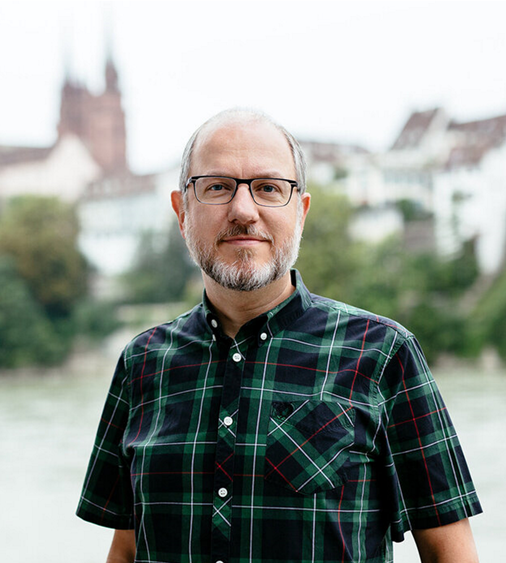CPHI Frankfurt 2025: Avoiding Manufacturing Failures with Integrated Planning
Having a partner involved from the outset of a sterile fill/finish project to help plan and support at each stage, is a potentially beneficial approach for innovators, highlights Hanns-Christian Mahler from ten23 health.
The variety of therapeutic modalities being developed has broadened significantly over the past few years, shifting demand for certain services that were not overly subscribed to in the past. “Traditionally, [therapies] were mostly small-molecule drugs, with companies aiming for oral solid dosage forms or anything topical. So, sterile dosage forms, a few decades ago, were probably not that interesting,” specifies Hanns-Christian Mahler, Chief Enablement Officer and Board Member of ten23 health.
Currently, there are many therapeutic modalities being developed, such as biologics, that need to be parenterally administered, driving demand for sterile fill/finish services, Mahler notes. However, for some of the newer modalities, such as cell and gene therapies, there has not been enough attention on formulation, with many companies simply trying to leverage approaches that have been used for older products, he remarks. While this poses challenges for sterile fill/finish operations, it can also open up potential opportunities, Mahler states.
Another potential challenge, particularly for subcutaneous products, relates to higher concentration formulations, Mahler adds. With these products, it is necessary to put all the doses into one single shot, so, they typically have a higher concentration and, thus, higher viscosity, he explains.
However, the biggest challenge that Hanns-Christian experiences the most is that many companies are not paying sufficient attention to adequate product design. “Not thinking thoroughly about what is actually the intended target product profile when it comes to administered volume and concentration or understanding failure modes — so things like formulation robustness — and various companies are pushing forward into a timeline on manufacturing,” he says.
“I always think [in those cases, that companies] need to put their goal in first and then develop against it, understand the failure modes, and then go to manufacturing, rather than the other way around,” Mahler asserts. Starting with the design before defining the goal tends to result in manufacturing challenges, which are expensive to repair, he warns.
Traditionally-speaking, the relationship between an innovator and CDMO partner has been for the innovator to make the plans and then select a CDMO based on the aspects of project that they are unable to perform themselves, Mahler specifies. “[Alternatively, the relationship] can be taken from the other way around, which is the approach we’ve taken at ten23,” he adds.
“We are ready to be there for a customer a priori, from the outset, and actually plan on what the potential options would be,” Mahler continues. “So, talking to a customer and looking at their clinical programs to think what would the product look like at 200 mg, 400 mg, 800 mg, 1200 mg? And, then think through what does it mean for the formulation development targets? And, we would develop those formulations into the right containers, basically supporting device selection as well.”
Click the video above to view the full interview
ten23 health can be found in Hall 6.1 Booth #F78 at CPHI Frankfurt.
About the Speaker
Professor Hanns-Christian Mahler, PhD, is Chief Enablement Officer and Board Member at ten23 health. He previously led the Drug Product Services Business Unit at Lonza AG (Basel, Switzerland) (2015–2021) and worked in various leadership roles, such as Head of Pharmaceutical Development & Supplies at Roche (2005–2015) and Merck KGaA (2000–2005). He has extensive expertise in formulation development, process development and validation, packaging/device development and integration, sterile manufacturing and regulatory submissions with numerous IND/IMPD and BLAs.
Professor Mahler studied pharmacy at the University of Mainz, Germany, and holds a PhD in toxicology from the Institute of Pharmacy, University of Mainz, and pharmacist specialisation degrees in toxicology and ecology, and pharmaceutical technology. He also has qualifications in Business and Marketing (AKAD University, Germany). Professor Mahler obtained his venia legendi from the University of Frankfurt, Germany, in 2010 and is adjunct faculty member and lecturer at the universities of Frankfurt and Basel. He also serves as Editor for Pharmaceutical Research, Journal of Pharmaceutical Sciences, AAPS Open Journal and PDA Journal of Pharmaceutical Sciences and Technology.
Music from #Uppbeat (free for Creators!):
https://uppbeat.io/t/richard-smithson/air
License code: QHDAN9DIKVMQW8EK
Image Credit: © Koto Amatsukami - stock.adobe.com

